- Home
- Weight Loss Kits
- Categories
- Weight Loss Kits
- Weight Loss Peptides
- Anti-Aging & Skin Care Peptides
- Muscle Growth & Performance Enhancement Peptides
- Tissue Repair & Recovery Peptides
- Cognitive Function Peptides
- Sexual Health & Libido Enhancement Peptides
- Immune System Modulation Peptides
- Reconstitution Supplies
- Anti-Aging Micro Infusion System
- Red Light Therapy
- Skin Care Masks
- About Us
- Contact us
- Affiliate Program
Shopping cart (0)
Subtotal: $0.00
Spend $175.00 to get free shipping
Congratulations! You've got free shipping.
- Home
- Weight Loss Kits
- Categories
- Weight Loss Kits
- Weight Loss Peptides
- Anti-Aging & Skin Care Peptides
- Muscle Growth & Performance Enhancement Peptides
- Tissue Repair & Recovery Peptides
- Cognitive Function Peptides
- Sexual Health & Libido Enhancement Peptides
- Immune System Modulation Peptides
- Reconstitution Supplies
- Anti-Aging Micro Infusion System
- Red Light Therapy
- Skin Care Masks
- About Us
- Contact us
- Affiliate Program
No products in the cart.
Shopping cart (0)
Subtotal: $0.00
Spend $175.00 to get free shipping
Congratulations! You've got free shipping.
SS-31 50mg
$125.00


Selank 10mg
$18.00
Pinealon 20mg
$48.00
Pinealon 20mg | Pinealon 20mg is a neuropeptide complex studied for cognitive function, neuroprotection, and memory enhancement, particularly in aging research.
Pinealon
What is Pinealon?
Pinealon is a synthetic short-chain peptide composed of three amino acids: Glutamic acid, Aspartic acid, and Arginine. It is classified as a neuroprotective bioregulator peptide, originally developed in Russia for use in gerontology, neurology, and cognitive health.
Pinealon is designed to protect and restore brain function, particularly under conditions of stress, aging, hypoxia, or neurodegeneration. It mimics and supports natural peptide signals involved in DNA repair, neuronal regeneration, and mitochondrial function.
How It Works (Mechanism of Action)
Pinealon exerts its effects at the cellular and genetic level, primarily targeting neurons and brain tissue. It acts as an epigenetic regulator, influencing gene expression related to cognitive performance, cell survival, and oxidative protection.
Regulates Gene Expression
-
Influences genes related to brain development, neurogenesis, and cell longevity.
-
Enhances protein synthesis in brain tissue, supporting neuronal repair and function.
Neuroprotection Under Stress
-
Protects neurons from damage during oxidative stress, ischemia, or hypoxia (oxygen deprivation).
-
Stabilizes mitochondrial activity and helps prevent apoptosis (programmed cell death).
Cognitive Enhancement & Memory Support
-
Shown to improve learning, short-term memory, and cognitive flexibility in both animal models and limited human research.
-
May be beneficial for age-related cognitive decline, mild cognitive impairment (MCI), or neurodegenerative disorders.
Supports Melatonin & Circadian Rhythm
-
Linked to regulation of the pineal gland and melatonin synthesis, which may influence sleep-wake cycles, hormonal rhythms, and neuroendocrine function.
Potential Benefits & Use Cases
-
Cognitive Function & Memory: Enhances short-term memory, information retention, and mental clarity.
-
Anti-Aging Neuroprotection: May delay or reduce the impact of age-related cognitive decline.
-
Stress Resilience & Brain Recovery: Protects against brain damage caused by ischemia, hypoxia, or trauma.
-
Sleep Regulation: Supports pineal gland function and melatonin synthesis for better sleep and circadian balance.
-
Adjunct in Neurodegenerative Conditions: Being researched for use in Alzheimer’s, Parkinson’s, and vascular dementia.
-
Mental Focus & Alertness: Useful for individuals under high cognitive demand or experiencing “brain fog.”
Typical Dosage & Administration
-
Administration: Subcutaneous injection.
-
Dosage:
-
100–300 mcg per day, typically administered once daily for 10–20 days.
-
Common protocol: short cycles (e.g., 10–20 days) repeated every 3–6 months depending on goals.
-
Possible Side Effects
Pinealon is well-tolerated and has a strong safety record based on research from Russian peptide studies:
-
No known significant adverse effects when used appropriately.
-
Mild injection site redness or irritation is possible.
-
No hormonal disruption or systemic side effects have been reported in clinical trials.
Other Relevant Details
-
Often combined with other nootropic peptides like Semax, Selank, or Cortexin for enhanced cognitive support.
-
Classified as a peptide bioregulator, developed as part of a family of organ-targeted peptides used in anti-aging medicine.
-
Research primarily originates from Russian clinical studies, and while human data is promising, further Western validation is limited.
| Weight | 0.05 lbs |
|---|---|
| Dimensions | 1.5 × 1.5 × 1 in |
Only logged in customers who have purchased this product may leave a review.
Related products
More
- Home
- Weight Loss Kits
- Categories
- Weight Loss Kits
- Weight Loss Peptides
- Anti-Aging & Skin Care Peptides
- Muscle Growth & Performance Enhancement Peptides
- Tissue Repair & Recovery Peptides
- Cognitive Function Peptides
- Sexual Health & Libido Enhancement Peptides
- Immune System Modulation Peptides
- Reconstitution Supplies
- Anti-Aging Micro Infusion System
- Red Light Therapy
- Skin Care Masks
- About Us
- Contact us
- Affiliate Program

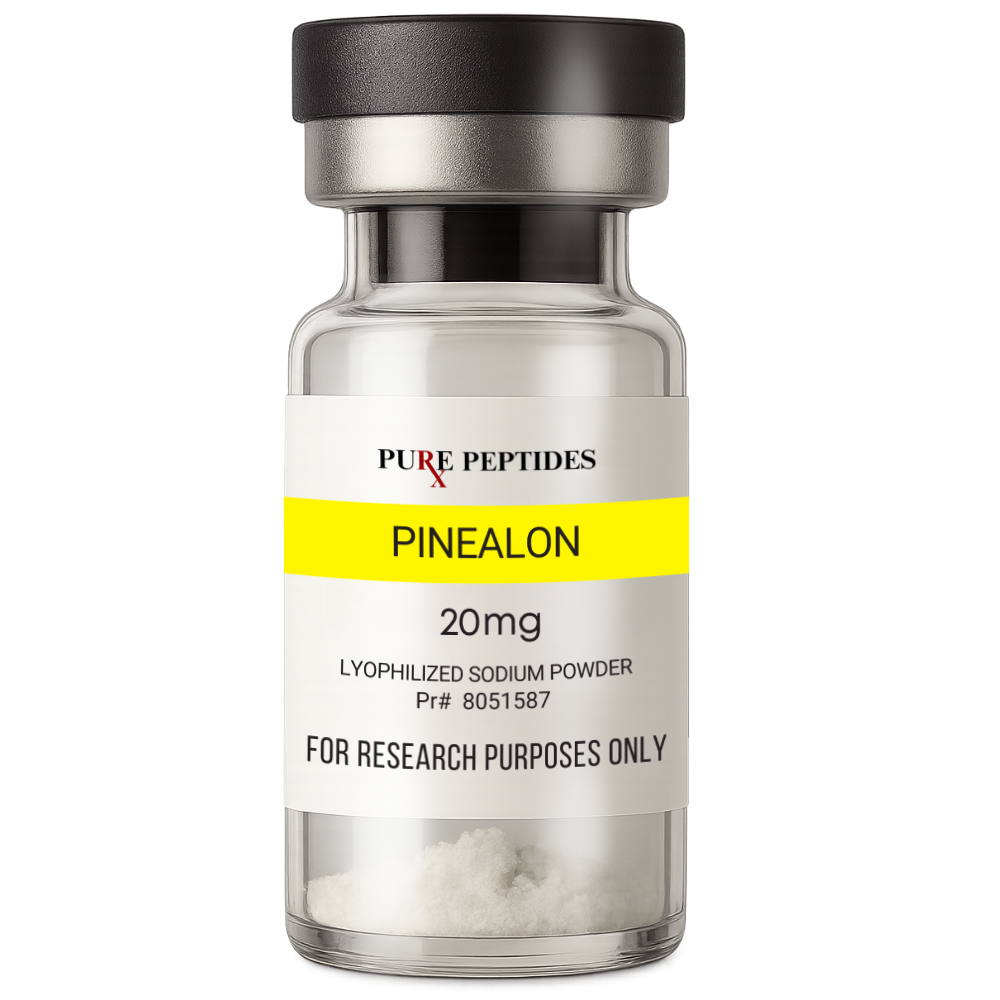
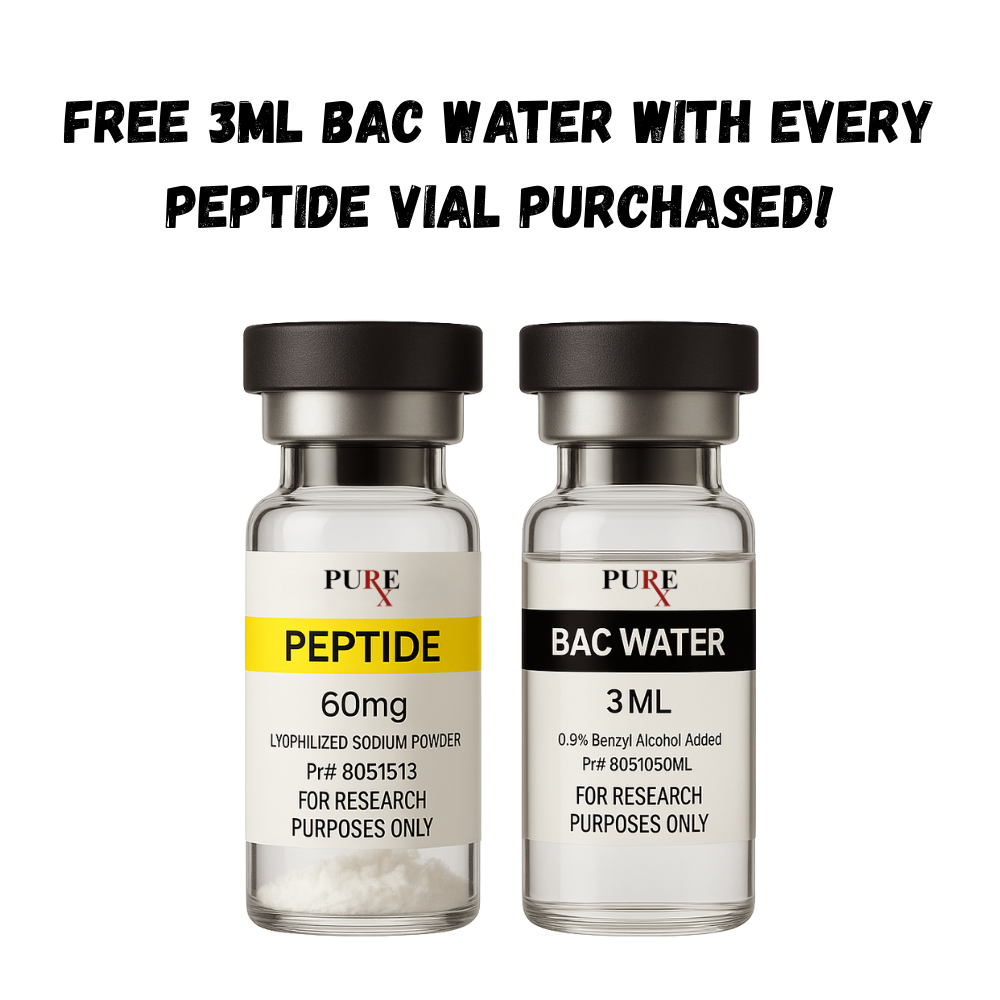
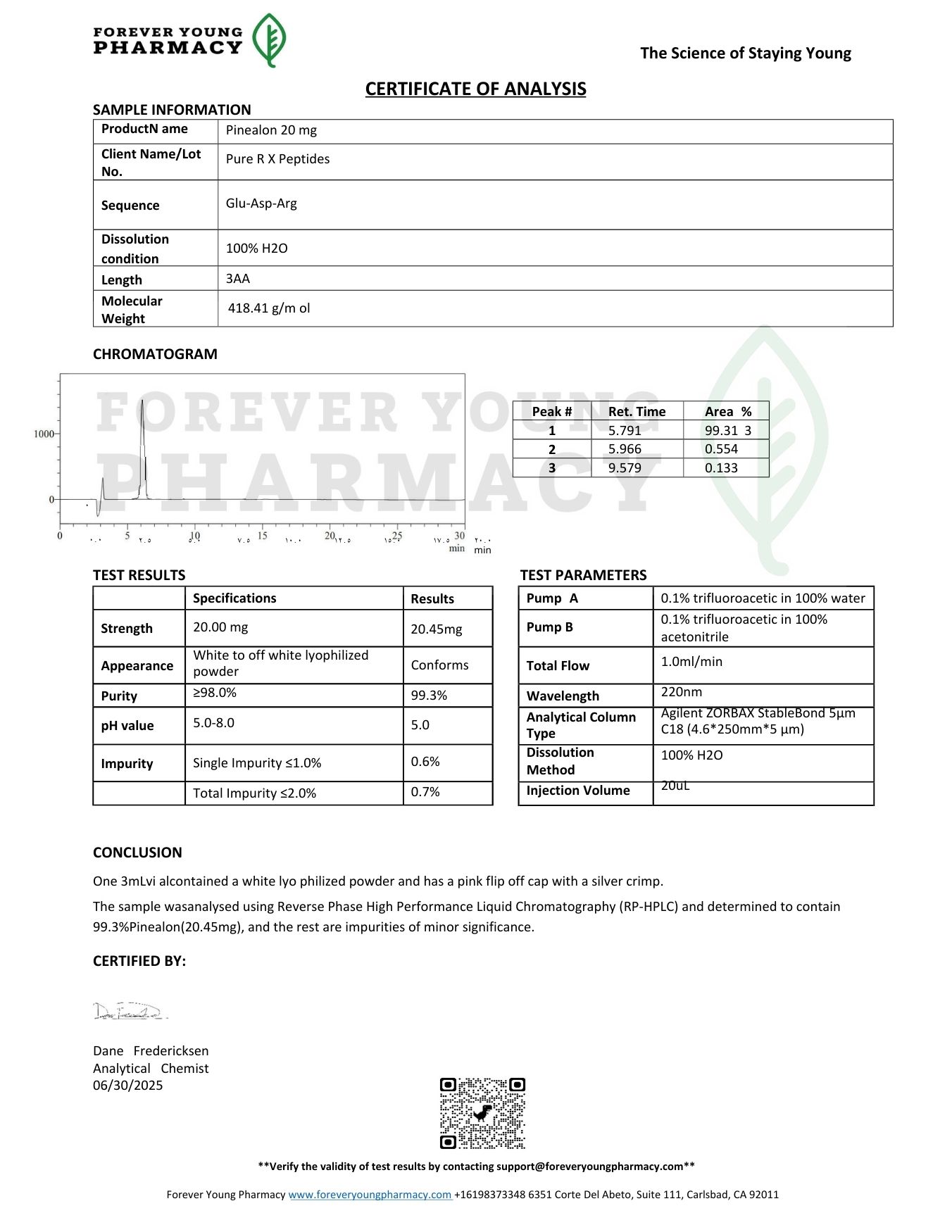
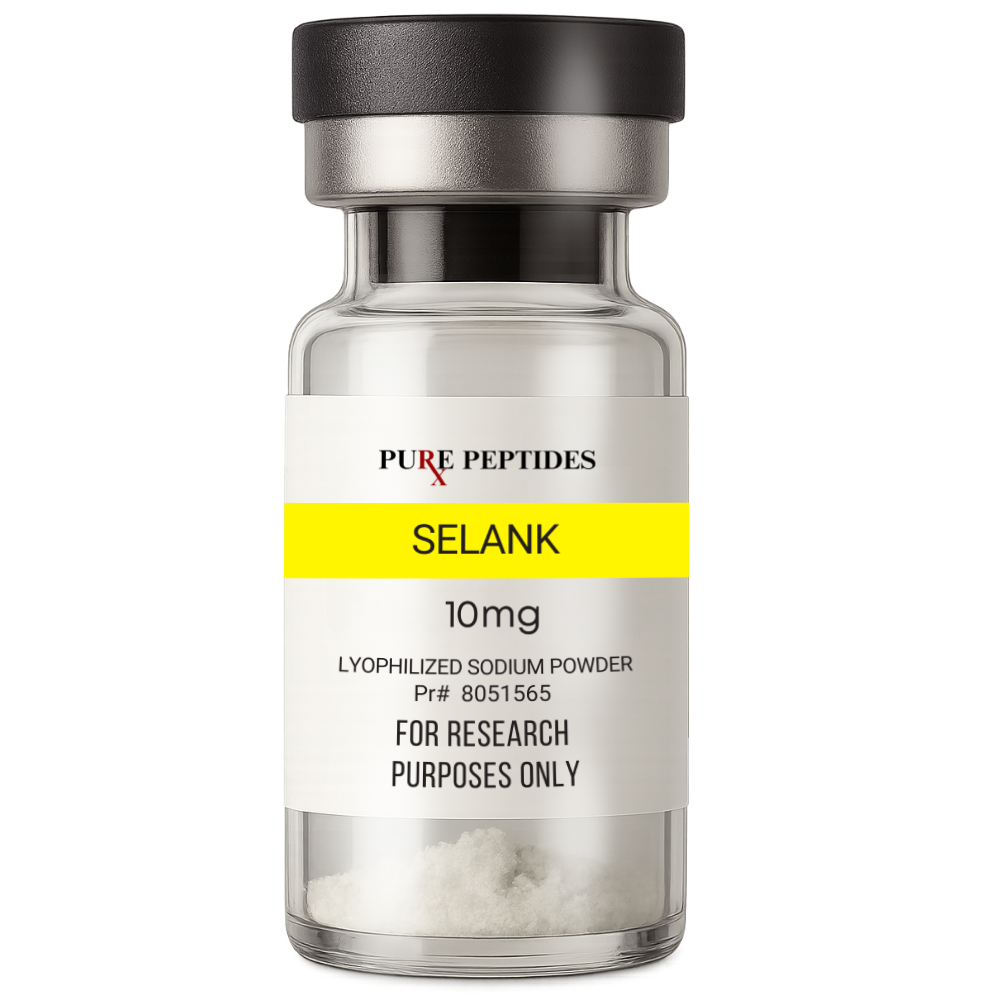
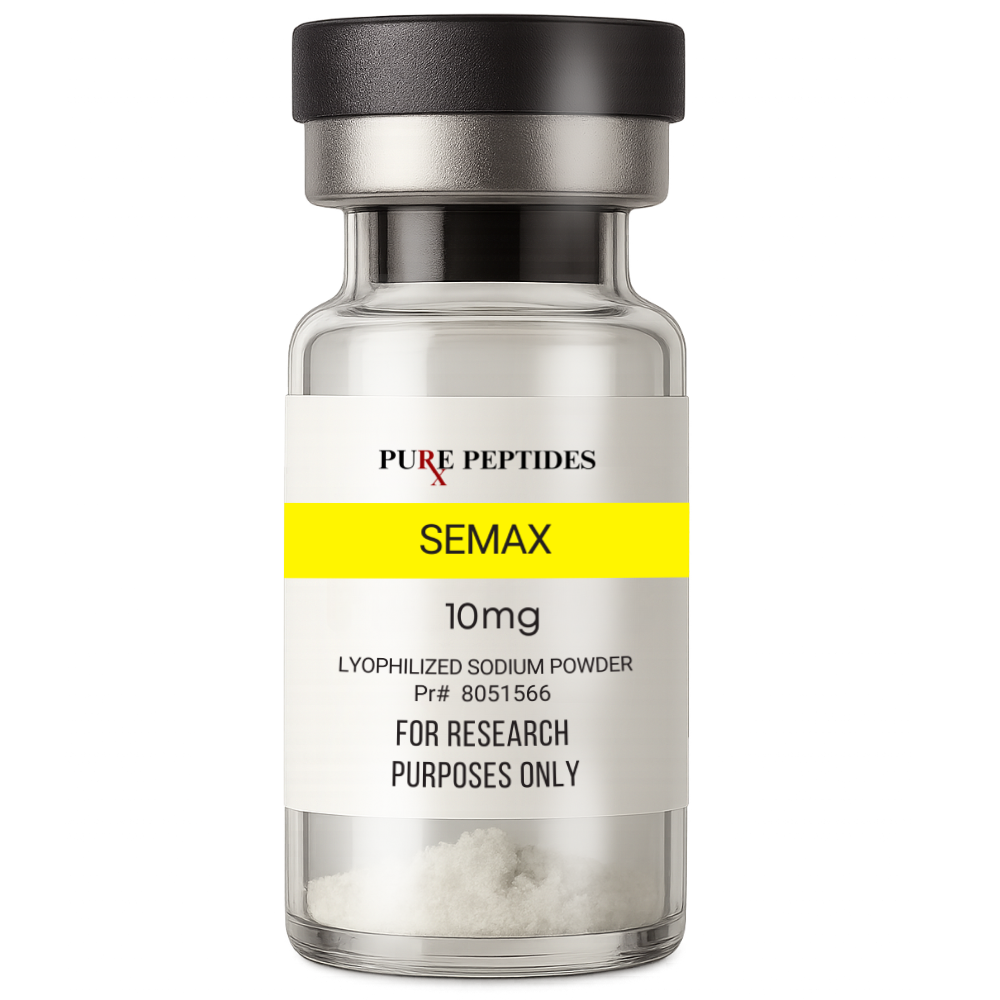
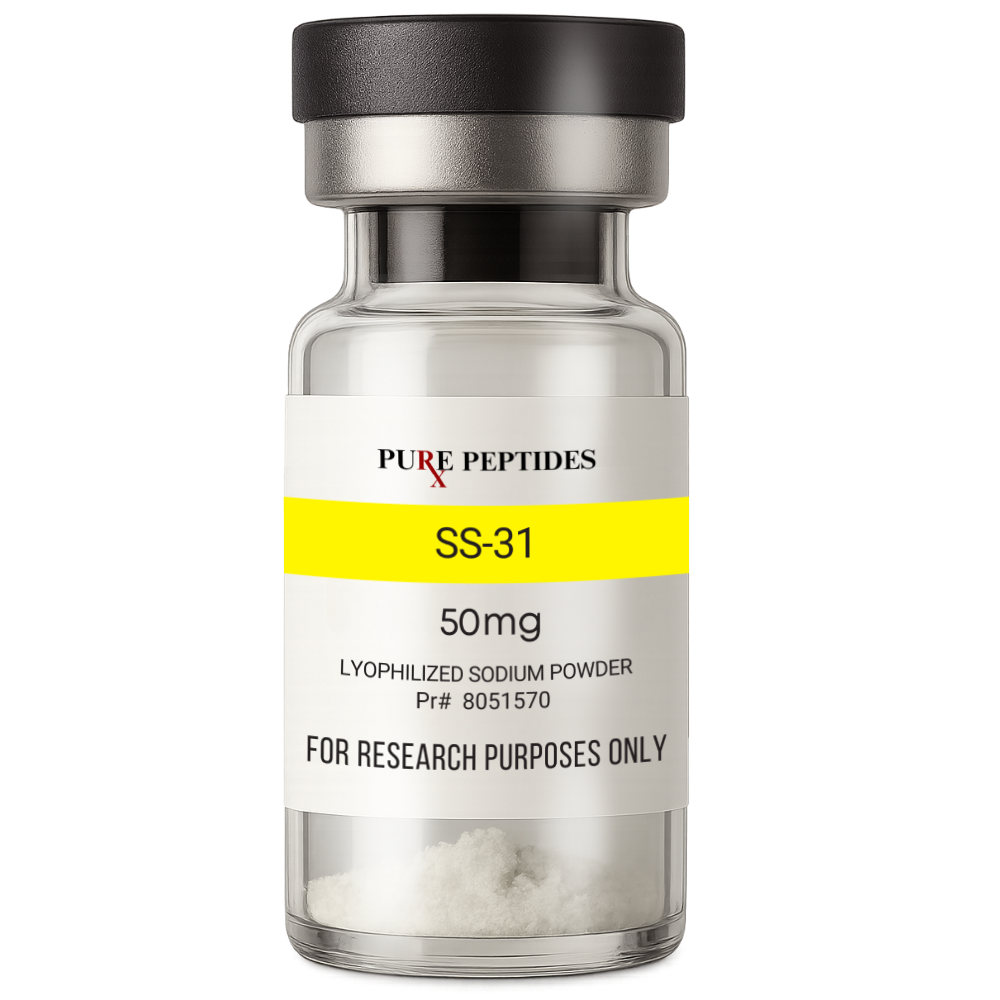
Reviews
There are no reviews yet.